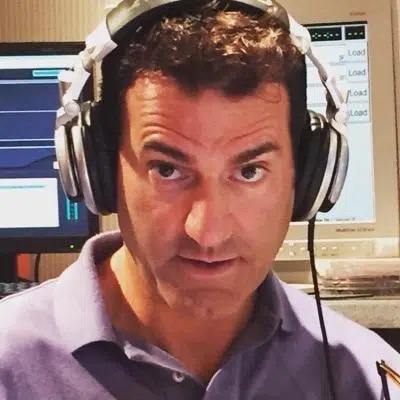By David Shepardson
WASHINGTON (Reuters) – The acting head of the U.S. Federal Aviation Administration said on Tuesday the aviation industry must work to eliminate near-miss incidents that have triggered recent safety concerns.
“Going forward, zero has to be the only acceptable number for serious incidents and close calls,” said Billy Nolen, the FAA’s acting administrator. Six serious runway incursions since January prompted the agency to convene a safety summit earlier this month.
“Air travel is coming back in a big way since the pandemic. But the long layoff, coupled with the increased technical nature of our systems, might have caused some professionals to lose some of that muscle memory,” Nolen said at an industry meeting in Baltimore.
The FAA said last week that it was taking steps to improve its air traffic control operations. “There is no question that we are seeing too many close calls,” Tim Arel, chief operating officer of the FAA’s Air Traffic Organization, said in a message to employees at that time.
On Wednesday, the FAA issued a separate safety alert to airlines, pilots and others citing the “need for continued vigilance and attention to mitigation of safety risks.”
National Transportation Safety Board (NTSB) Chair Jennifer Homendy said last month that a FedEx cargo plane and a Southwest Airlines plane had come within 100 feet of each other in what could have been a “terrible tragedy.”
Facing an air traffic control staffing shortage, the FAA wants funding for more hiring. Rich Santa, the president of the National Air Traffic Controllers Association, said at the safety summit earlier this month that there are 1,200 fewer certified air traffic controllers than a decade ago.
On Wednesday, the FAA said it would temporarily cut minimum flight requirements for airlines to keep take-off and landing slots at congested New York City-area airports and Ronald Reagan Washington National Airport to address summer congestion issues. The FAA is holding a meeting on Wednesday on New York-area air traffic issues.
The FAA agreed to requests from Delta Air Lines and United Airlines to temporarily return up to 10% of slots and flights at those airports.
(Reporting by David Shepardson; Editing by Paul Simao)




